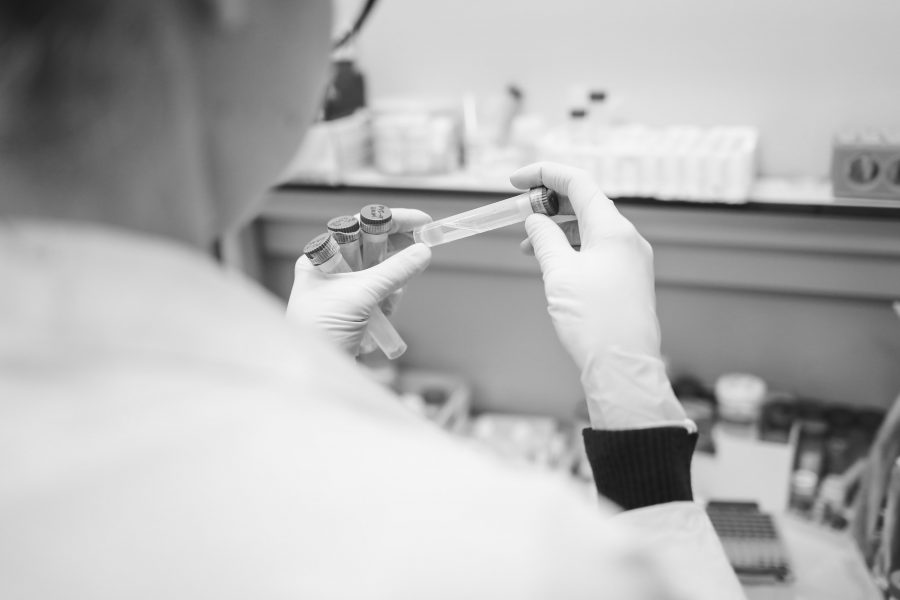My World: June 2021…
This is part of a series of articles where our contributors describe how they think things will look a year from now.
Having reached the age of seventy six I can put the Covid-19 pandemic into some kind of historical context by just using my memory.
Not only do I remember the early days of post-second world war Britain,
Back in the 1950s, before the vaccines for whooping cough, measles, and mumps were introduced, I caught all three in quick succession. This was regarded as normal for children and nobody seemed too worried about me. Then in 1953 there was an outbreak of ear infections in children. In serious cases it led to mastoiditis, usually in one ear. I got it in both. I learned later that the doctor thought I might die, my parents thought I would die, and I was in such pain that I wanted to die. I was saved by penicillin, the first antibiotic, still in its early stages of development.
The most feared disease in my childhood was poliomyelitis. The epidemic began in 1916 and ended with a vaccine after 1955. It was also known as infantile paralysis because, although it killed fifteen to thirty per cent of adult sufferers, it mostly attacked children. There was no cure and many children were kept alive in huge iron lungs. They were often left with disabilities which they have had to endure through life. There were about 7500 cases a year, not a lot by Covid-19 standards, but enough for harrowing pictures of infected children to have been a constant source of distress and worry for parents. Children with their legs in callipers were a common sight when I was young.
The Asian flu epidemic started in the autumn of 1957, when I caught it. By January 1958 fourteen thousand in the UK had died and in the next few months over a million worldwide. Some schools and factories closed but by and large life went on as normal. People accepted the sting of death more than today, partly because firmer Christian beliefs gave confident expectations of an after life.
Degrees of faith or fatality were particularly true of tuberculosis. Prior to 1960 when I was an early recipient of a TB jab, one in seven people in the UK died of the disease. The TB vaccine was a huge break through. Together with the widespread use, or misuse, of antibiotics, and after some brilliant new surgical procedures we have enjoyed a sixty year period of astonishingly good health. I mean it when I say that the advances in medicine have been unbelievable. If, in 1960 I had said that before long we would be able to get new hearts on the national health I would have been told to go to bed and sleep it off. True there have been endemics, HIV and Ebola spring to mind, but nothing on the scale of Covid 19.
It now seems to me that we have a wake up call with some new but unknown fearsome epidemics likely. But at the same time, there is an opportunity for medical science to extend even further the average lifespan,which has increased from sixty to eighty since the year I was born.
My predictions for June 2021:
UK in recession: No
Sterling vs US$: Higher
Sterling vs Euro: Higher
UK base rate (higher or lower than 1%): Same
UK RPI (higher or lower than 2%): Lower
Halifax UK house price Index: Lower
US President: Trump
UK/EU Trade Deal: Yes
UK/ USA Trade Deal: No
When this is over I will book a cruise because it will just be my wife and I, and the ship’s crew.








